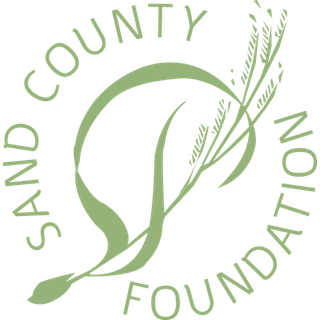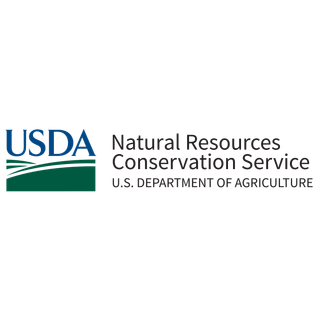Richard Lyons says his conservation ethic began to evolve shortly after the death of his father.
He began noticing things about the land they had farmed together. Crops wilted sooner over areas of compaction from tractor and truck tires. Water running from grassy areas after heavy rains was free of sediment.
Without a father or grandfather to explain how they had farmed in the past, Richard began farming with an open mind to prevent soil erosion from wind and rain.
With dual careers of farming and teaching agriculture, Richard was in a unique position to give his students first-hand knowledge of what it means to be a conservation-minded farmer. During 37 years as a high school and college agriculture instructor, he taught students what he practiced on his own land.
Early on he retired his moldboard plow and began to chisel plow cornstalks to prevent erosion. In 1976, he also began planting no-till corn into soybean stubble to reduce fuel and labor costs. At that time, research showed that nearby Lake Lou Yaeger was Illinois’ fastest-silting lake. It provides drinking water for 10,000 Montgomery County residents. Determined to be part of the solution, Richard took steps to improve the water quality in a creek that runs through his farm and into Lake Lou Yaeger.
Richard undertook a ditch and streambank stabilization project using large rock to prevent the undercutting and eventual collapse of the streambank where it curves. He installed filter strips to capture runoff between farmland and the creek. These areas provide wildlife habitat in a region primarily used for row crop production. Improved nesting areas support pheasant and quail, and their predator, the coyote, which aids pest control in soybean fields.

In addition to contour planting crops parallel to the filter strips, Richard has targeted nutrient management plans created for his farmland. He conducts soil tests every three years to guide the application of commercial fertilizer using variable rate technology.
In 2012, Richard began growing deep-rooted cover crops of rye, oats, and radish to improve soil health by encouraging biodiversity, breaking up soil compaction, recycling nutrients, and sequestering carbon. Covering soil with year-round living roots improves water infiltration while preventing erosion. Since 2019, Richard has grown overwintering cover crops of winter barley and Austrian winter peas for their ability to further reduce sediment loss.
Richard initiated a soil health training program by collaborating with individuals from various conservation organizations in Illinois.
This summer he established pollinator-friendly habitat on a two-acre triangular parcel that was difficult to plant with large machinery. These are the latest examples of how Richard’s readiness to embrace new ideas and technologies, while remaining grounded in practical considerations, sets an example for others.
“In my heart and soul, I believe that soil and water conservation on my farm is an ethic that I wish to live by,” Richard said.
His farm is located 13 miles from a tragic accident that took place on Interstate 55 because of dust clouds caused by wind erosion from tilled soils. That day his cover crops were waving in the wind, but their root structure was holding the soil intact.
Richard notes this unfortunate incident underscores the interconnectedness of people and the land that Aldo Leopold wrote about.









